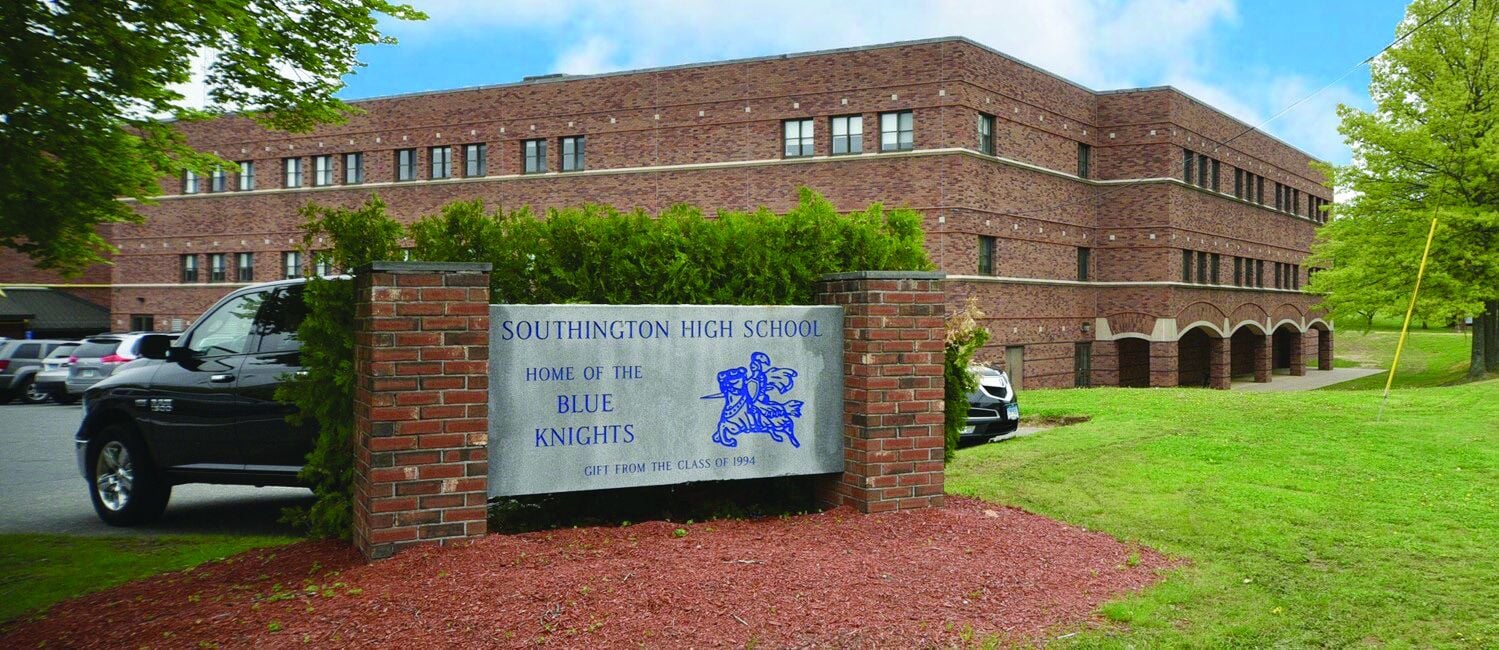Negotiating a commercial lease is a critical step for any business owner. The terms you agree upon can significantly impact your bottom line, operational flexibility, and long-term success. With the right strategies and knowledge, you can secure a lease that not only meets your current needs but also sets your business up for future growth—all while saving money.
How to Negotiate the Best Commercial Lease Terms & Save Money

Understand Your Business Needs
Before you begin negotiations, it’s essential to have a clear understanding of your business requirements. Assess your current and anticipated space needs, budget constraints, and ideal location preferences. By knowing exactly what you need, you can negotiate more effectively and avoid agreeing to unfavorable terms.
Research Market Rates and Trends
Knowledge is power in lease negotiations. Research the current market rates for similar commercial spaces in your desired area. This information will give you leverage when discussing rent prices with the landlord. Remember, landlords often expect tenants to review and negotiate lease terms, so don’t hesitate to discuss adjustments.
Leverage Vacancies and Inducements
If the property has been vacant for some time or the market has a high vacancy rate, you might have more bargaining power. In such cases, landlords may be willing to offer inducements like rent-free periods or contribute to renovation costs. Don’t miss the opportunity to seek tenant inducements that can save you money upfront.
Understand Different Lease Types
Not all leases are created equal. Familiarize yourself with the various lease types to determine which one aligns best with your financial strategy:
- Gross Rent Lease: A single payment that covers rent and all associated costs.
- Modified Gross Rent Lease: Similar to a gross lease but with shared costs between landlord and tenant.
- Net Lease: Tenant pays base rent plus a portion of other expenses like utilities and taxes.
- Percentage Rent Lease: Common in retail, where rent is based on a percentage of sales.
By understanding these options, you can choose a lease type that offers the most financial advantage.
Negotiate Lease Terms Thoroughly
Every clause in your lease agreement matters. Pay close attention to:
- Rent Increases: Ensure any future rent hikes are reasonable and clearly defined.
- Maintenance and Repairs: Clarify who is responsible for repairs and maintenance costs.
- Termination Clauses: Understand the conditions under which the lease can be terminated by either party.
- Renewal Options: Negotiate favorable renewal terms to secure your location for the long term if needed.
It’s advisable to involve a lawyer who specializes in commercial real estate to review the lease before signing.
Consider Competitor Clauses
If you’re in a business where proximity to competitors can impact your success, consider negotiating a clause that prevents the landlord from leasing adjacent spaces to your direct competitors. This competitor clause can protect your market share and profitability.
Prepare a Solid Letter of Intent (LOI)
An LOI outlines the main terms and expectations of the lease before the formal agreement is drafted. It serves as a foundation for the lease and can streamline the negotiation process. Ensure the LOI includes essential details such as rent amount, lease duration, responsibilities of each party, and any special terms agreed upon.
Be Ready to Walk Away
One of the most powerful negotiation tools you have is the ability to walk away. If the terms aren’t favorable, or the landlord isn’t willing to negotiate reasonably, be prepared to look elsewhere. Having multiple options can strengthen your negotiating position and prevent you from settling for a subpar lease.
Utilize Professional Help
Negotiating a commercial lease can be complex. Consider enlisting the help of:
- Commercial Real Estate Brokers: They have market knowledge and can help identify favorable opportunities.
- Lawyers: Legal professionals can ensure lease terms protect your interests and comply with all regulations.
- Accountants: They can help you understand the financial implications of lease terms.
Keep Future Growth in Mind
Your business may grow, and your lease should accommodate that possibility. Negotiate terms that allow for expansion or relocation if necessary. Options like right of first refusal on adjacent spaces can provide flexibility for future growth.
Review and Manage Your Lease Regularly
Once the lease is signed, effective management is crucial. Regularly review your lease terms and stay aware of critical dates such as renewal options or rent escalation periods. Utilizing lease management software can help you keep track of obligations and opportunities to renegotiate terms.
Final Thoughts
Negotiating the best commercial lease terms requires preparation, knowledge, and strategic negotiation. By understanding your needs, researching the market, and seeking professional advice, you can secure a lease that saves money and positions your business for success.
Remember, the goal is to find a mutually beneficial agreement where both you and the landlord feel satisfied. Effective communication and a willingness to negotiate can lead to a successful lease agreement that supports your business goals.











